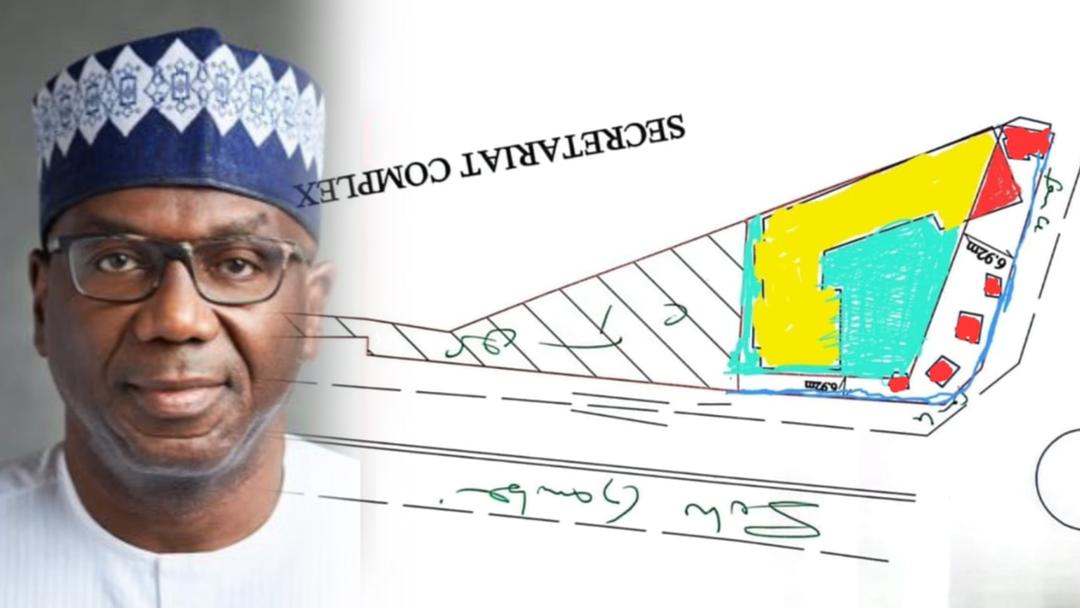…Ministry takes comprehensive approach to alleviate poverty and address humanitarian needs in northern Nigeria”
Dr. Betta Edu, the Minister for Humanitarian Affairs and Poverty Alleviation, has highlighted the pressing humanitarian challenges in Nigeria, particularly in the states of Borno, Adamawa, and Yobe. Addressing these issues, she emphasized the government’s commitment to addressing the needs of over 16 million Nigerians affected by humanitarian crises, both man-made and natural disasters.
Dr. Edu expressed concern that a significant portion of these individuals, approximately 8.3 million, resides in the aforementioned states and various locations across the North Central region. She acknowledged the United Nations’ declaration that Benue had become the epicenter of humanitarian needs in Nigeria, underscoring the urgency of the situation.
The minister stressed that poverty alleviation has become a paramount focus of her ministry’s mandate, aligning with the Sustainable Development Goal (SDG) of eradicating poverty (SDG Goal 1). She shared that the government is actively developing comprehensive plans to uplift Nigerians from poverty and cushion the impact of the recent fuel subsidy removal.
The poverty alleviation schemes outlined by Dr. Edu encompass a range of initiatives, including job creation, livelihood promotion, access to shelter, education, healthcare, agriculture, and more. These efforts are designed to address the root causes of poverty and hunger while ensuring that all Nigerians have access to basic necessities.
To enhance the transparency of Conditional Cash Transfer programs, Dr. Edu revealed plans to conduct thorough verification of the social register, validate its accuracy, and expand its coverage. Collaboration with the World Bank and the utilization of digitalized systems will facilitate this process, enabling a more effective and transparent means of providing support to vulnerable Nigerians.
Emphasizing the non-partisan nature of the poverty alleviation intervention program, Dr. Edu affirmed that President Tinubu’s commitment to this initiative transcends political affiliations. She pledged to remove any obstacles and ensure transparency in the implementation of these programs to benefit all Nigerians.
Addressing the challenge of accurately identifying vulnerable individuals for poverty alleviation, Dr. Edu outlined plans to create an updated and comprehensive Social Register. This register will be verified, validated, and expanded to include eligible individuals while removing those who no longer qualify for assistance. Collaboration with government tiers and communities will also be integral in identifying eligible beneficiaries.
In addition to poverty alleviation efforts, the ministry is proactively preparing for potential flooding in various parts of the country, with contingency plans in place to assist potential victims. This comprehensive approach demonstrates the government’s commitment to addressing the immediate and long-term needs of vulnerable Nigerians and promoting sustainable development in the region.



